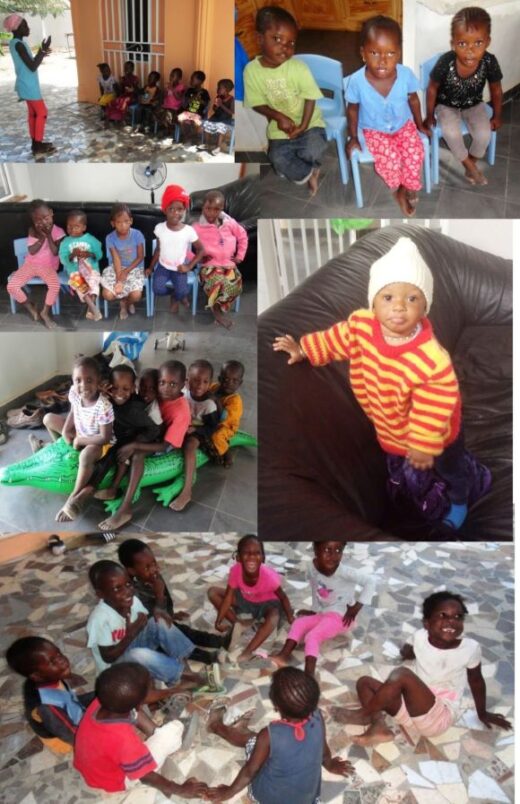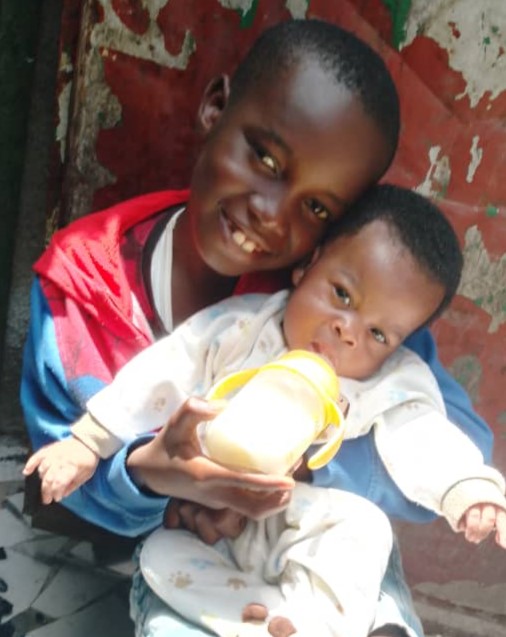Introduction
Community transformation has been an ongoing process since humans began forming into groupings for support, security and comfort. Throughout history these community transformations, resulting from dramatic changes brought on by natural disasters, famines, strife and economic shifts, have often been exceedingly difficult and swift (i.e. the recent Tsunami, the flooding of New Orleans, the collapse of the Soviet Union). Processes to facilitate response and adaptation to these changes have been a part of societal development. In earlier times responses were perhaps rudimentary. Now they tend to be systematic and organized. Then, as today, many communities never recover and cease to exist after such traumatic shocks to their systems and, more importantly, to people.
Today it can be argued that the world is going through an extraordinary period of political and economic transformation with many communities at risk, especially in rural areas (one report suggested in Canada that 30% of communities are in distress). There are movements developing almost everywhere to create processes to facilitate adjustment to the changes being experienced. Attempts are being developed to lessen the impact on people and the communities and societies that they have created. What appears evident is that most societies are moving from highly structured socio-economic systems to something much more fluid. This might be just a transformational stage in itself.
These community responses to such widespread changes are being delineated, defined and explained in different ways, in many languages and with different terminologies and are designed with many societal biases. As a result, community processes are being defined using various terms (for example, Community Development, Community Economic Development, Local Development, Community Regeneration, Social Economy). These variations in definition and use of different terminology more than anything are creating a crisis of complexity which deflects people from the true nature of the activity required, that of creating a process to facilitate the transformational change required for people to cope and progress. Most, if not all, of these processes relate to a form of people-based development. Yet, often people are engaged in a myriad of activities unrelated to the real requirements of their communities and its transformation. It might be argued that community is becoming lost in the quagmire of complexity created around the language, terminologies and quest by some for dominance of one theory over another.
Community Transformation
In order for renewal and development to occur, any transformational process has to ensure that certain basic elements are considered:
- Human development is a pre-requisite for any transformational process and for real development.
- Social and economic organizations, institutions and instruments have to be rethought, restructured and even renewed.
- Legal frameworks need to be evaluated and revised.
- Values and principles require reflection, appreciation and understanding as do concepts of equity and equality.
The foundational elements above, of course, relate to transformational processes that have people as a focus, a somewhat balanced society as an aim, and social and economic equality as an ideal.
Many of the transformational processes being pursued today, despite their different languages and terminologies, relate to a concept most often referred to as People- Centred Development – where people are considered the core and raisin d’etre of any development process. People-Centred Development most often includes many (or all) of the following elements:
- Based on values
- Relates to a process – which is continuous, evaluated and adjusted
- Founded in education (capacity), not ideology or indoctrination
- Relates to freedom as responsibility
- Built on knowledge, not control
- Sustained through inter-generational sharing and learning
- Founded on people’s involvement, support and influence
- Resistance to complexity (of language, terminology, institutions, etc,)
- Implicit in togetherness, cooperation and tolerance
People-Centred Development requires positive and adequate foundations from which to work. It requires a fundamental belief in people and their abilities and capabilities to do what they need for themselves. But it requires the understanding that encouragement and support are a part of the adequate foundations that have to be built. Foundational building, often neglected to achieve some artificial goal, is perhaps the most critical element of all and often requires the most time and effort.
In most processes being developed currently, economy has become the greatest focus without full realization that economy in and by itself is not an end but only a part of the means to achieve many other aspects of societal well being. This rush to an economic end is being driven by real and perceived forces at play which are facilitating structural changes and invalidating conventional approaches to local socio-economic balance (for example, globalization, technology, global warming).
What might be more beneficial for most people is to take a step back and take an in-depth look at these transformations, their causes and how a community might respond in a meaningful way to whatever forces (and there are usually many) causing the imbalances and changes. Perhaps what might be realized is that what is first required is a movement (of people), not just the creation of organizations or institutions. What might be understood is that first people need development skills and tools, not necessarily physical or other constructs. What might be appreciated is that values (what it is people really value) have more relevance than any uniform ideology. And what might be of most value to a local community is realistic (and targeted) investment rather than charity and grants.
The development of community transformational processes has always faced many challenges, not the least being the unwillingness of people to fully see the root causes of the changes happening or to accept the circumstances that result. But this aspect of human nature is compounded in today’s world by the complexities that are being created around the very processes that might assist. These complexities, as indicated, relate to language and terminology, organizational and institutional creation and a belief by some that there is one uniform ideology that can be created to solve the problems of everyone. There are even some who believe that there must be just one ideology. People-Centred Development implies togetherness, understanding and cooperation based on simple values, not a single ideology.
First of all what must be understood and agreed is that there is not some mystical end that is to be reached but that all are engaged in a continuous process of human transformation. This process relates to thinking and doing but most necessary there has to be a belief in being and a necessity of belonging – thus valuing ourselves and feeling a part of a whole. These key beliefs evolve fundamentally from values and culture, which require preservation (and evolution) so that new generations not only have foundational beliefs but a true sense of their belonging. Uncovering these beliefs and values are the elemental and fundamental components of the foundational work required for meaningful community transformations to occur.
Conclusion
The steps of a truly enlightened community transformational process include the following components:
- Building connectivity (not constructs)
-to share ideas
-to share information
-to share learning
-to create common policies and development instruments
-to create legal concepts which have genuine merit and which are transferable
- Building strong grassroots groupings (of people) which reflect shared values and common interests
- Recognizing the many aspects of community of which social and economic aspects are only two
- Recognizing that the true value of self-determination requires not a single or unitary structure but a mosaic of local community groups (some more formal than others) providing the basis of transformational thinking, actions and deeds.
Written by Bill Pardy
January 11, 2006
Revised 04-05-07


